Hardest Addiction to Quit
Addiction is a serious problem affecting millions of people worldwide, and it comes in many forms. However, some addictions are more difficult to overcome than others, and many people consider them to be the hardest addiction to quit.
At Alpine Recovery, a rehab center that offers Medicaid coverage for addiction treatments, we know how challenging it can be to break free from addiction. Contact us at the Alpine Recovery Center for more information. We are the best Colorado Medicaid alcohol rehab programs. Call us at 720-704-2883.
This article will explore the hardest addiction to quit and provide insights into how our rehab center can help those struggling with addiction overcome it.
In 2020, more than 37 million people of ages 12 and above were addicted to a substance of abuse. Also, about 10 percent of adults in the United States have experienced addiction at some point. These statistics show that habit is common. Interestingly, there are various addictions in which. Some are harder to quit than others.

What Is the Hardest Addiction to Quit?
Addiction to opioids and alcohol is the hardest to quit. In other words, addiction to substances that affect the central nervous system, such as opioids, is the hardest to quit.
Why Is It So Difficult to Quit Certain Addictions?
Some addictions are difficult to quit. Substances like cocaine, heroin, and codeine stimulate the opioid receptors in the brain to produce dopamine, thereby causing the individual to feel pleasure. In addition, repeated use of the substances changes the brain chemistry, making it start working under the influence of the drugs. Hence, it becomes difficult for the individual to quit the addiction because of the strong effect of the substance on the brain.
How Do You Overcome the Hardest Addiction to Quit?
Overcoming an addiction is not easy, but it is possible. Taking deliberate actions helps in overcoming addiction. For example, quitting is one of the first steps to addiction recovery.
Also, the individual should seek to get treatment. Rehabilitation centers are equipped to make recovery from addiction easy and successful. In addition, rehabs treat the underlying causes of addiction and other co-occurring conditions.
What Are Some Effective Treatments for the Hardest Addiction to Quit?
The National Institute of Drug Abuse did some research to develop effective therapies for treating addiction. Below are some of the effective treatments for opioid addiction and alcoholism:
Use of Medications
Research shows that medication should be the first line of treatment for opioid addiction. The effective medications used are methadone, buprenorphine, and naltrexone. These medications work by reducing the cravings for the substances of abuse, thereby preventing relapse. Also, it helps to achieve lasting recovery.
Behavioral Therapy
Behavioral therapy is highly effective in modifying the attitudes and behaviors related to substance abuse. As a result, people struggling with opioid and alcohol addiction can handle triggers well. Also, the therapy enhances the effectiveness of the medication, thereby making recovery successful. Below are some of the behavioral therapies available:
- Cognitive behavioral therapy
- Contingency management
- Family therapy
- Motivational enhancement therapy
Counseling and Aftercare Support
Addiction counseling programs are highly effective when combined with other forms of treatment. It helps to address the psychological aspect of opioid and alcohol abuse. In addition, aftercare treatment is a form of support for people recovering from addiction. This program helps prevent relapse and supports the patient in adjusting to the new lifestyle.

What Are the Long-term Effects of the Hardest Addiction to Quit?
There are various effects of opioid and alcohol addiction. Repeated use of these substances can have long-term irreversible impacts on an individual. Opioid and alcohol addiction increases the risk of having chronic health conditions. Below are some of the chronic health conditions that can result from repeated use of these substances:
- Cancer of the breast, liver, and colon
- Mental health problems
- Heart problem
- Psychological challenges such as depression and confusion
- Stroke
- Brain damage
- Reproductive issues
- Cardiac arrest
What Are Some Common Misconceptions About the Hardest Addiction to Quit?
Addiction is more common than we think. Unfortunately, there are different myths and conceptions about opioids and alcohol obsession, which can harm an individual. When deciding to quit a habit, it is essential to break through the myths surrounding opioid and alcohol abuse. Truthful and accurate information about addiction goes a long way in helping an individual recover. Below are some of the common misconceptions about opioid and alcohol abuse:
- “Once an addict, always an addict”: This statement is far from the truth. You can overcome addiction. People who are struggling with substance abuse can seek treatment and recover. Recovery from substance abuse is different from active addiction. Addiction treatment takes a long time. However, patients who seek treatment turn out for the best.
- “Addicts are criminals and unemployed”: This statement is false. Many people struggling with opioid and alcohol addictions have careers and families. These people may look like they are living an everyday life with high-paying jobs. However, they might be struggling with addiction.
- “Addicts can quit if they want to”: Sometimes, an individual’s willpower is insufficient to overcome an addiction. Opioids and alcohol addiction have both physical and emotional effects on an individual. Hence, it might be challenging to quit the habit alone. However, people seeking rehab treatment have a high chance of recovering faster.
Is It Possible to Quit the Hardest Addiction on Your Own, Or Do You Need Professional Help?
It is possible to quit the most challenging addiction on your own. Some people recover from opioid and alcohol addiction on their own. However, seeking treatment at rehab centers makes recovery more accessible, faster, and more successful. In addition, rehabs are equipped with professionals to help you recover safely.
What Are the Withdrawal Symptoms Associated With the Hardest Addiction to Quit?
Withdrawal symptoms are mental and physical problems when an individual reduces or stops taking opioids and alcohol. Withdrawal symptoms can be mild, moderate or severe. Below are some of the common withdrawal symptoms:
- Nausea and vomiting
- Diarrhea
- Anxiety
- High blood pressure
- insomnia
- sweating
Why Is Rehab Important?
Alcohol and opioid use disorder can negatively affect the individual struggling with it. The adverse effects and the desire to recover make seeking treatment important. Rehabs provide programs that focus on effectively treating people struggling with addiction. Also, these treatments help these individuals manage their condition and recover from it.

What Are Some of the Psychological Factors That Contribute to the Difficulty of Quitting the Hardest Addiction?
Psychological factors affect the mind. They are referred to as thoughts and can affect the decision of an individual to quit addiction. Some of them are:
- Anxiety
- Depression
- Suicidal thoughts
Is There Medicaid Coverage for Alcohol Addiction?
There is Medicaid coverage for alcoholism. Medicaid pays for alcohol addiction treatment, including inpatient rehab, medication-assisted treatment, and outpatient rehab. However, it is important to note that Medicaid coverage varies by state. Hence it is important to know the requirements for your condition.
Get Help From Alpine Recovery Center!
The Alpine Recovery Centre is a major Medicaid Rehab in Colorado. It is one of the rehabs accepting Medicaid insurance. At Alpine Recovery Center, they focus on the root cause of the addiction and other co-occurring illnesses to have an overall recovery. In addition, Alpine Recovery center aims to make treatment available cheaply. To know more about our addiction treatment programs and Medicaid insurance programs, contact us today at 720-704-2883.










